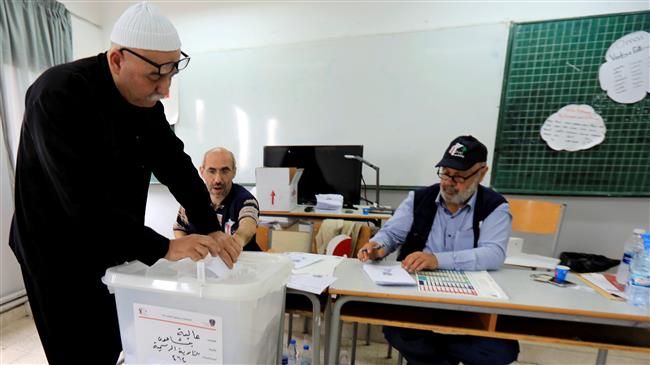
RNA - Qassemi said on Monday that the holding of the elections was a big victory for the Lebanese people from different movements and political factions.
"The Islamic Republic of Iran believes that the holding of peaceful elections under the current circumstances in the region is regarded as a big achievement in the democratic trend for all Lebanese people," the Iranian spokesperson said.
Lebanon's first parliamentary vote in nine years was held on Sunday, with over 500 candidates vying for seats. Turnout was 49.2 percent, according to officials.
Unofficial results from Lebanon’s parliamentary elections show that the Hezbollah resistance movement and its political allies secured over half the seats.
Hezbollah as well as groups and individuals affiliated to it have won at least 67 seats in Lebanon’s parliament, according to the results cited by politicians and campaigns and reported in Lebanese media.
Hezbollah's allies include the Amal Movement led by Parliament Speaker Nabih Berri and the Christian Free Patriotic Movement founded by President Michel Aoun.
According to Press TV, the parliamentary seats are split evenly - 64 for Christians and 64 for Muslims, including Druze, with the two halves further divided among 11 religious groups.
Lebanese Prime Minister Saad al-Hariri said earlier on Monday that his party had lost a third of seats in the parliamentary elections, winning only 21 seats, down from the 33 it had been holding since the last time Lebanon elected a parliament in 2009.
In a televised statement, Hariri said despite gains in Sidon, Tripoli, Beirut and Western Bekaa Valley, the Future Movement had only won 21 out of 128 parliamentary seats.
847/940